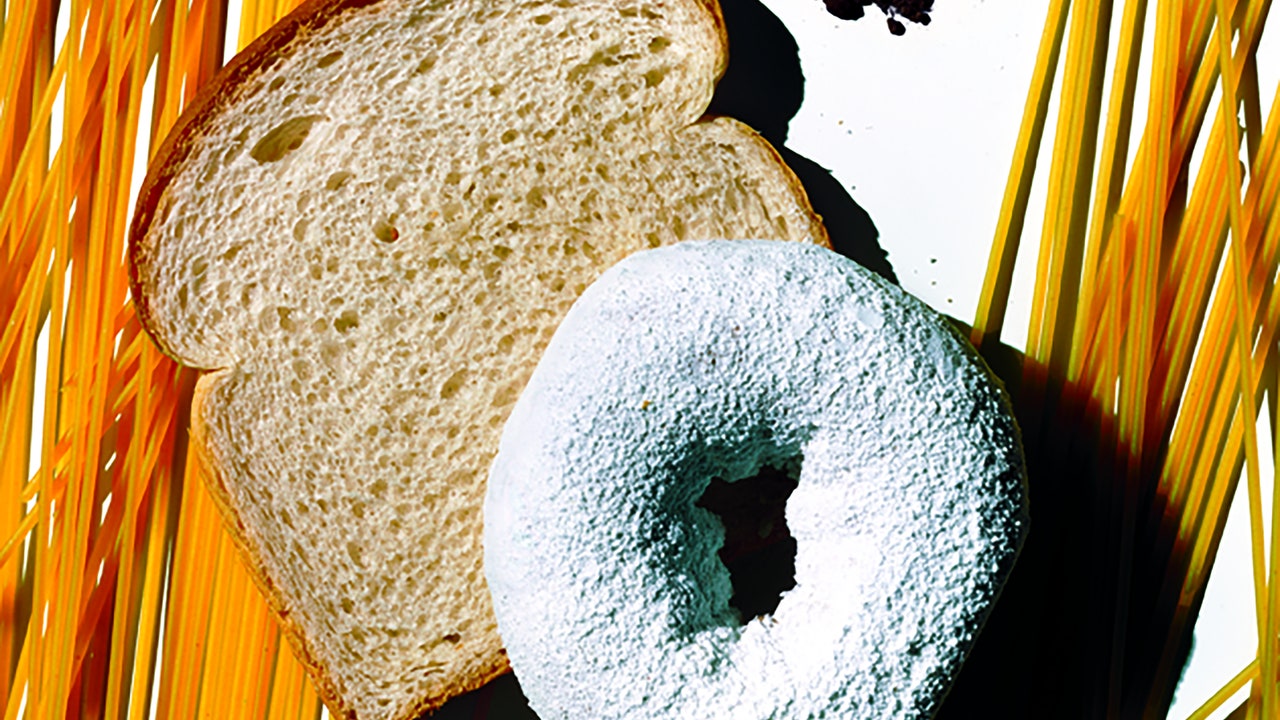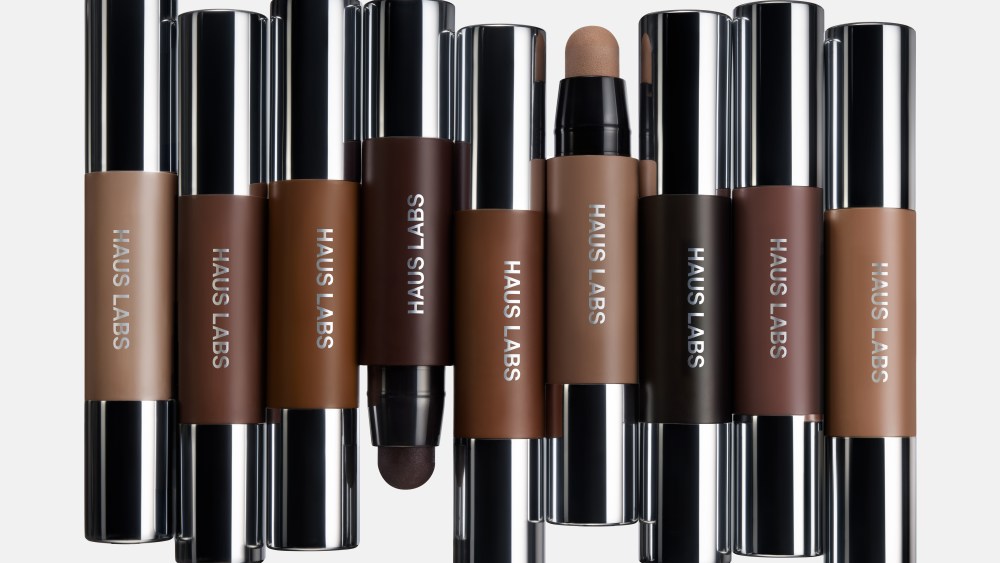
In our never-ending quest to reduce stress and mitigate its negative effects on our lives, experts say one tried-and-true way can help: avoiding foods that trigger cortisol.
Also known as the stress hormone, cortisol plays a crucial role in regulating various bodily functions. Registered dietitian nutritionist Lauren Manaker explains that it helps maintain things like our metabolism, blood sugar levels, inflammation, and even memory formation. So when those cortisol levels rise or are continuously high, we may start to experience negative effects on our mood, immune system, weight, and overall health.
So which cortisol-triggering foods should we try to avoid to better our health? See what the experts had to say below.
What is the ideal cortisol level to have?
Cortisol naturally fluctuates throughout the day, and Manaker notes that a healthy cortisol level varies depending on the individual and the time. Generally, a healthy cortisol level should range anywhere between 10 to 20 micrograms per deciliter (mcg/dL) in the morning and at night. When you are less stressed, it can go down to less than 5 mcg/dL. Anything outside those levels might be impacted due to certain triggers, such as your diet, or, in extreme cases, may indicate dysregulated cortisol that should be checked by your health care professional.
What foods are known to trigger our cortisol levels?
Foods that trigger our cortisol levels generally also cause our blood sugar levels to rise, explains Samantha Dieras, RN, DCN, director of ambulatory nutrition services at Mount Sinai Hospital. When that happens, our body perceives it as a stressor and releases cortisol as a response. You can lower your cortisol by eating certain foods or trying this mocktail. But five foods that may raise your cortisol are:
Sugary Foods
Manaker lists sugary foods such as desserts, candy, and soda as foods that may cause our blood sugar to spike (and crash in some people). Our bodies will release more cortisol as a defense mechanism.
Caffeine
Though caffeine comes with plenty of health benefits, you’ll want to be careful drinking too much of it. Manaker says that coffee and energy drinks will stimulate our central nervous system and cause our bodies to elevate our cortisol levels. Avoid excess amounts of caffeine or drinking it on an empty stomach.
Alcohol
Because alcohol interferes with our sleep quality and our body’s ability to manage stress, Manaker says it may eventually lead to a cortisol imbalance if you drink too much of it constantly. Research shows that heavy drinkers have high cortisol levels, which then contributes to other health issues such as high blood pressure and weight gain.
Fried Foods
Who among us doesn’t love a plate of golden, crispy fries? But unfortunately, indulging too much in fried foods will trigger your cortisol. Studies show that the saturated or trans fats found in fried foods cause inflammation and stress on the body, which then causes our body to release cortisol. Fried foods also contain refined carbs, which studies show increase our blood sugar levels and cause the body to increase cortisol as a way to help balance it.
Processed Foods
Similar to fried foods, processed foods contain saturated or trans fats and refined carbohydrates that will cause your cortisol levels to spike. Processed foods are also known to throw off our gut-bacteria balance, which will cause more stress on the body.
What are the best ways to maintain healthy cortisol levels?
The bad news: No matter what TikTok might tell you, there are no fast fixes to reducing or maintaining healthy cortisol levels. It’s all about the long game. The good news: The lifestyle fixes that you implement now and sustain over time for your cortisol levels are also the ones that will help your health overall. “The best ways to maintain healthy cortisol levels are the same as those you’d utilize to optimize health,” says Dieras: “Consuming a healthy, balanced diet; getting regular exercise and sufficient quality sleep; and implementing stress-management techniques.”
Manaker agrees. For diet, she says to focus on whole foods, lean protein, healthy fats, and fiber to stabilize your blood sugar, as well as limit coffee and alcohol intake. And try to manage your stress as much as you can and get at least seven to nine hours of sleep. “The truth is, cortisol regulation is complex and influenced by so many factors,” she says. “High cortisol could even be a sign of an underlying medical condition that requires proper evaluation and care from a health care provider. [So] no quick fixes, please.”
#CortisolTriggering #Foods #Avoid #Dietitians






